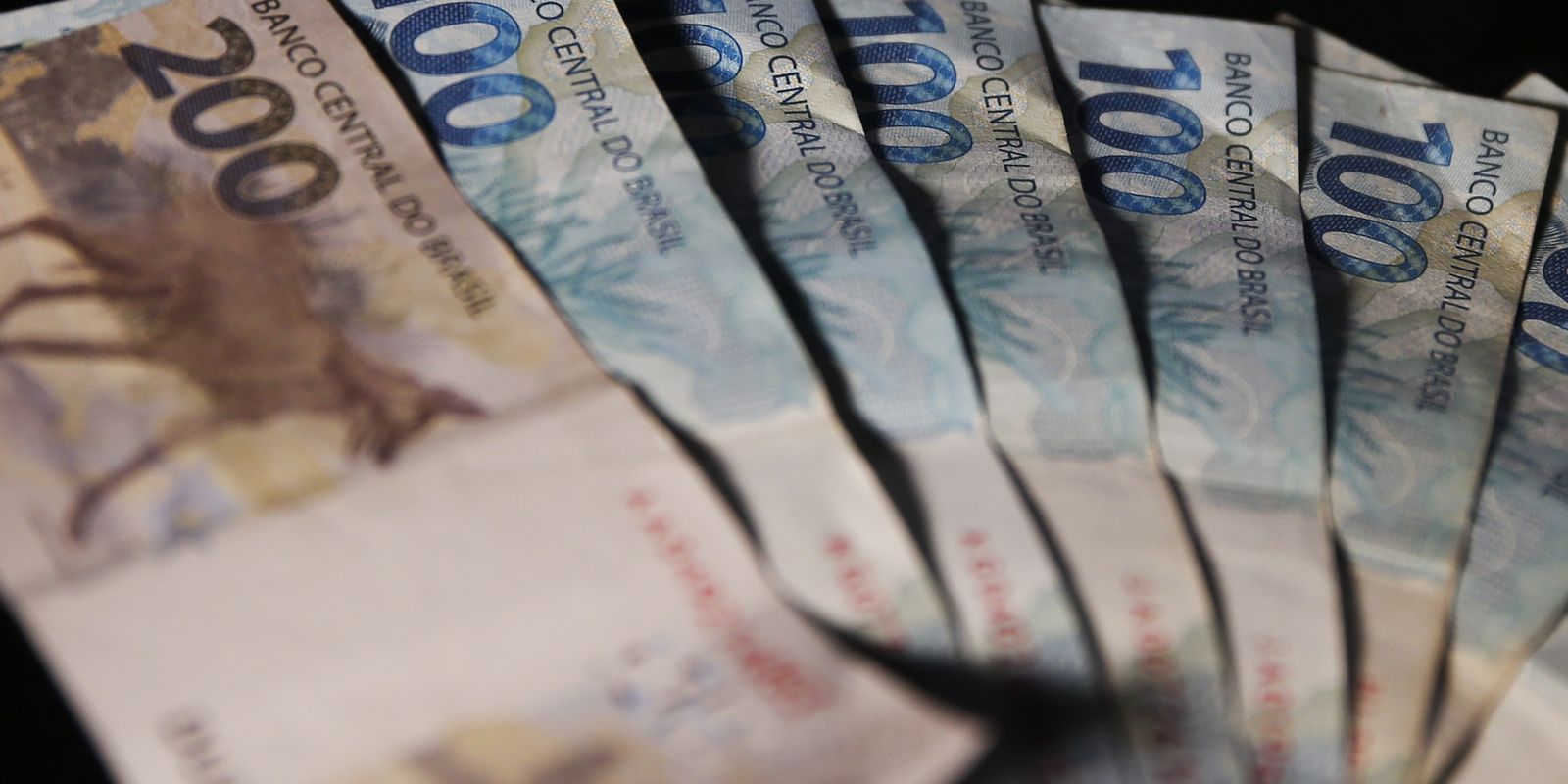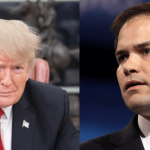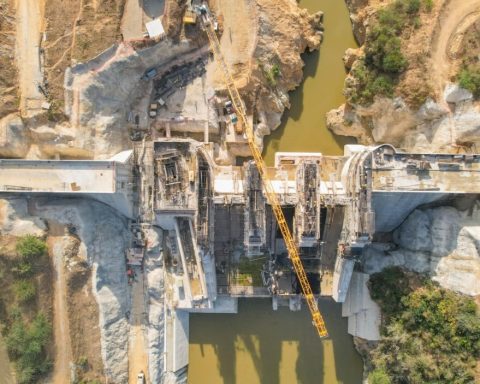In an attempt to expand the range of inquiries it makes about the country’s economic situation, the Central Bank will seek, through the Firmus Survey, to capture the perception of non-financial companies in relation to the situation of their businesses and the economic variables that can influence decisions.
Still in its pilot phase – and in the search to “evaluate the clarity and effectiveness of different types and formulations of questions” – the study observed that, in May 2024, the predominant feeling of these businesspeople in the non-financial sector in relation to the current economic situation of the country is neutral (35.9%) or slightly positive (33.7%). For 28.3%, the predominant feeling is slightly negative.
When asked about their expectations for the real growth rate of their sector compared to the real growth rate of the Gross Domestic Product (GDP), the largest portion of businesspeople (34.8%) said that it is “slightly above” – that is, it will be greater than the growth of the GDP – the sum of all final goods and services produced by the country.
For 30.4%, it will be in line; for 17.4%, it will be “slightly below”; for 13%, “strongly above”; and for 4.3%, “strongly below”.
More than half of the businesspeople participating in the survey (51.1%) expect the real growth rate of Brazil’s GDP in 2024 to be around 2%. Regarding inflation, 44.6% believe it will close 2024 around 4%.
Labor and prices
The study also indicated that 46.7% of business owners in non-financial sectors estimate that labor costs will increase between 4% and 6% in the next 12 months. For 34.8%, this cost will increase between 2% and 4%. And for 13%, the estimate is that the increase in labor costs will be more than 6%.
When asked about the expected variation in the prices of their products, compared to the inflation forecast for the period, 41.3% responded that it will be “in line”, while 32.6% said that prices will be “slightly above” the projected inflation. For 16.3%, prices will be “slightly below”, while 6.5% and 3.3% believe that they will be “strongly above” or “strongly below”, respectively.
Regarding the margin of the company’s projected results over the next 12 months, 37% of the businesspeople surveyed expect it to be “in line” with the current result. For 34.8%, the result will be “slightly above”, while 21.7% project results “slightly below” the current ones. The same percentage (3.3%) said they expected results to be significantly below and significantly above the current ones.
The survey interviewed 92 businesspeople from non-financial sectors between May 13 and 31, 2024.
According to the Central Bank, it will be released quarterly. Two others were carried out in November 2023 and February 2024, but, like all of them, they are still in the pilot phase, and there have been methodological changes and revisions to questionnaires that make it impossible to adequately compare the data obtained.
















